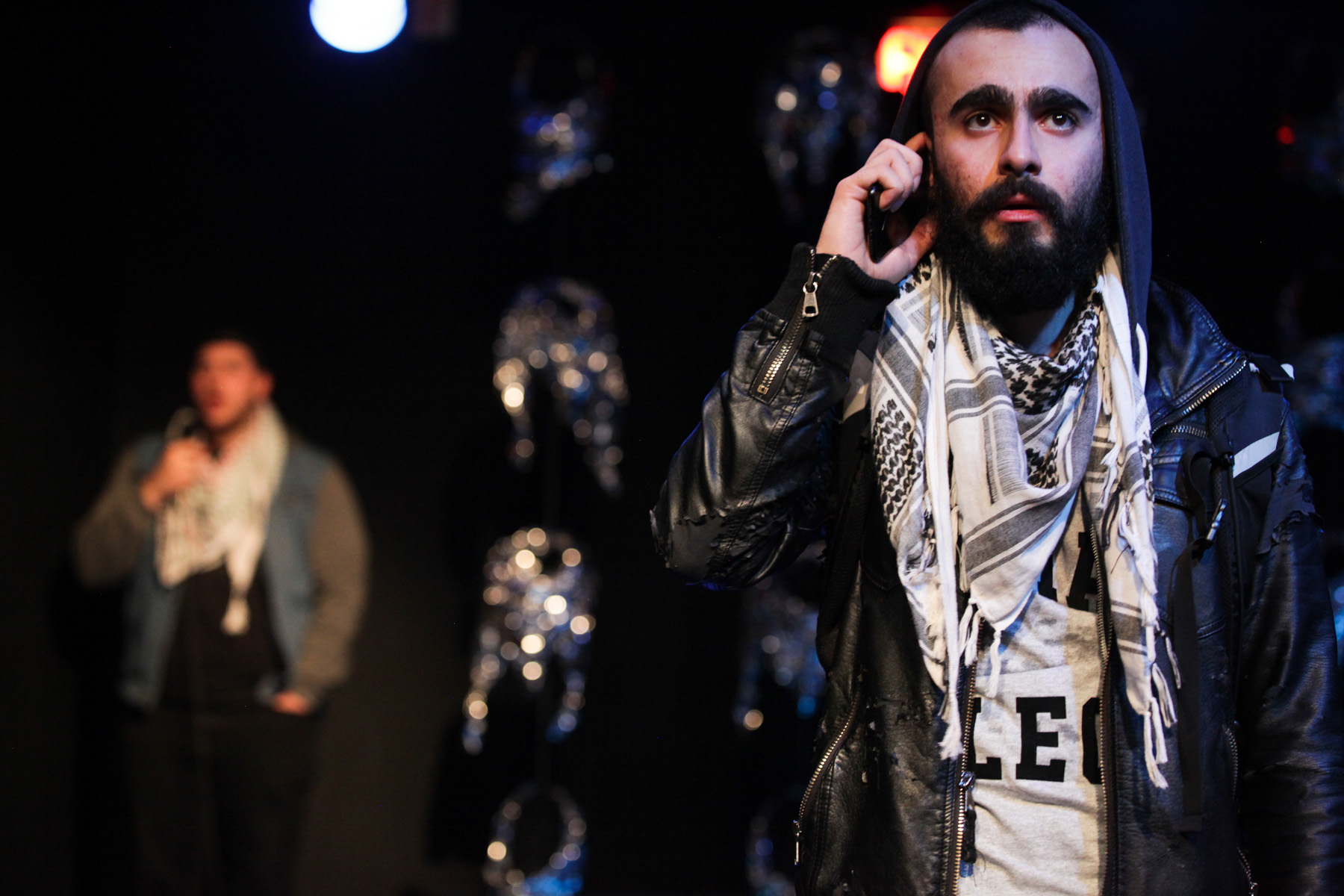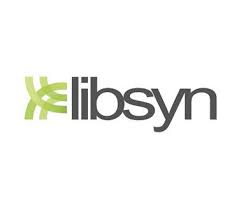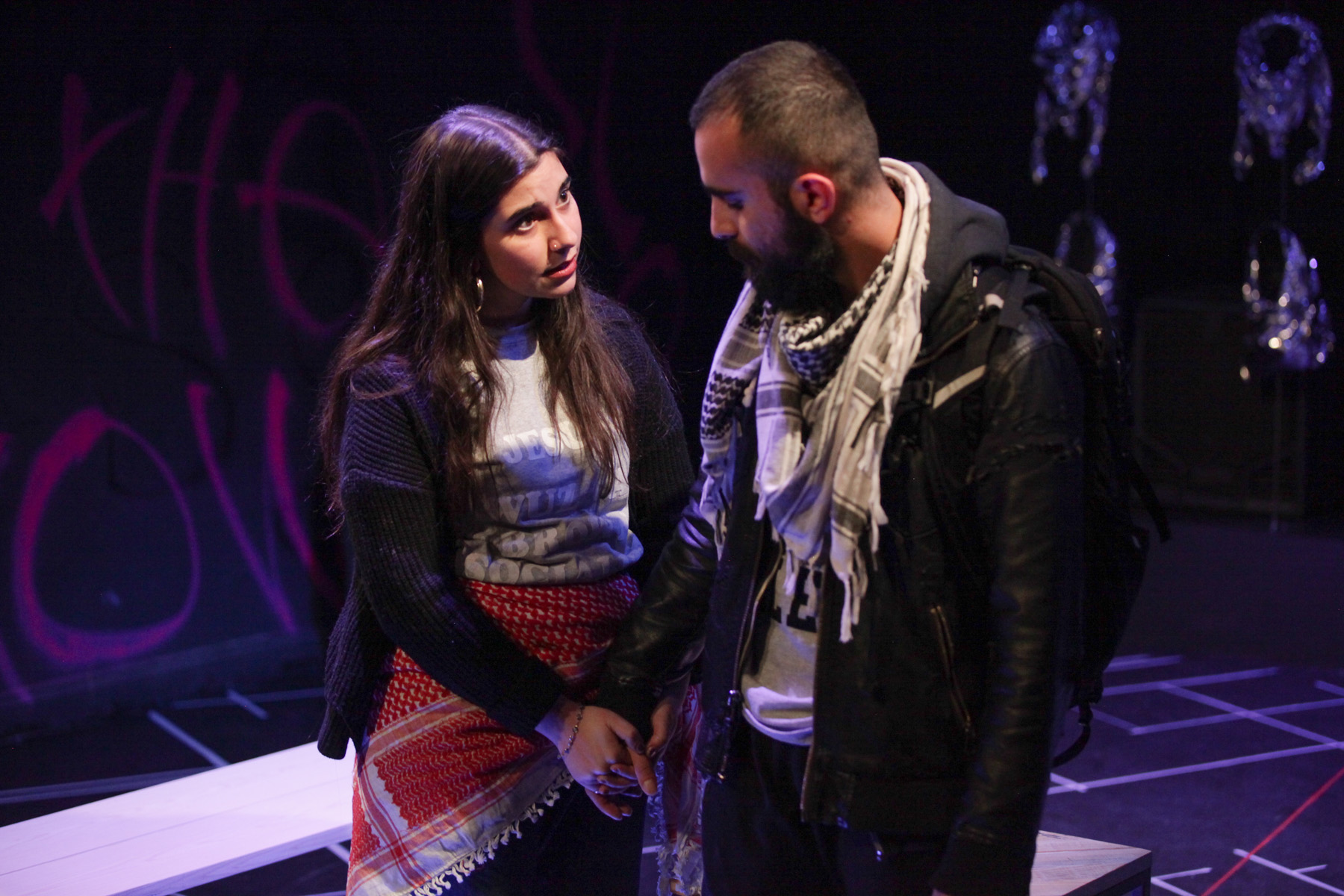PicksInSix Theater Review: I Call My Brothers
"The goal is to be invisible.”
In his youth, Amor identified those close to him as different elements from the periodic table. One was titanium for strength. Another uranium, a dangerous element. His closest ally, Shavi, was helium. As a debate rages between the two about whether it is better to be a gas than say iron (“Already taken.) or steel (“Not an element.”), Shavi realizes that because helium makes everything lighter, his personal identifier, according to Amor, was good thing.
Many of Amor’s peers – his ‘brothers’ – moved on. Some tragically. Some more routinely in the course of life. Over time, a new reality emerged. And as Jonas Hassen Khemiri’s “I Call My Brothers” opens, two car bombs have propelled Amor’s otherwise quiet Stockholm neighborhood into a dark and chaotic place full of fear, apprehension and ultimately, desperation.
In the role of Amor, Salar Ardebili’s frantic narrative on the city streets is a story of racial profiling and prejudice. The Chicago premiere, produced by Interrobang Theatre Project that opened Monday night at the Rivendell Theatre, is translated by Rachel Willson-Broyles and expertly directed by Abhi Shrestha. This is an absorbing drama and a stellar performance by Ardebili, exposing the intersection of actions and memories within Amor’s inner-most thoughts about his own ethnicity.
Amor knows that Shavi (Chris Khoshaba) is well-meaning, if not a bit zealous, in his protective enthusiasm. Tina El Gamal, Amor’s cousin Ahlem (and the dual role of his grandmother, Tyra) is the voice of authority in Amor’s subconscious as the story plays out, not from direct interaction, but in flashbacks and vignettes of those experiences. None are more powerful and touching than the youthful kinship and rejection of Valeria (Gloria Imseih Petrelli). True love, it seems, is unattainable for Amor whose growing remorse drives him deeper into isolation.

A compelling aspect of this work is how Khemiri’s characters process responsibility, to themselves, and to others. In the aftermath of the car bombings, Amor faces the realization that his nationality and appearance make him a suspect, which in turn requires him to heed the circumspect chanting of a chorus of voices to alter his routine, to “blend in and normalize.” “The goal is to be invisible,” they say, although Amor’s every day acts of riding the train and taking a cellphone call are precisely observed as suspicious activities.
Eleanor Kahn’s stage design centers on a series of indistinguishable keffiyehs and hijabs representing a vast cross-cultural community that is disturbingly misunderstood , a resonating theme of the work. Heightened by the seamless interweaving of Michelle E. Brenda’s lighting design and Jeffrey Levin’s sound and original music, “I Call My Brothers,” is a stark, riveting, perceptively crafted drama with an enlightening message about global identity and self-awareness.
PHOTOS|Emily Schwartz
INTERROBANG THEATRE PROJECT
Presents
I CALL MY BROTHERS
through February 2nd
RIVENDELL THEATRE
5779 N. Ridge Ave.
(312) 219-4140
WEBSITE
TICKETS
For more reviews, visit: Theatre In Chicago









